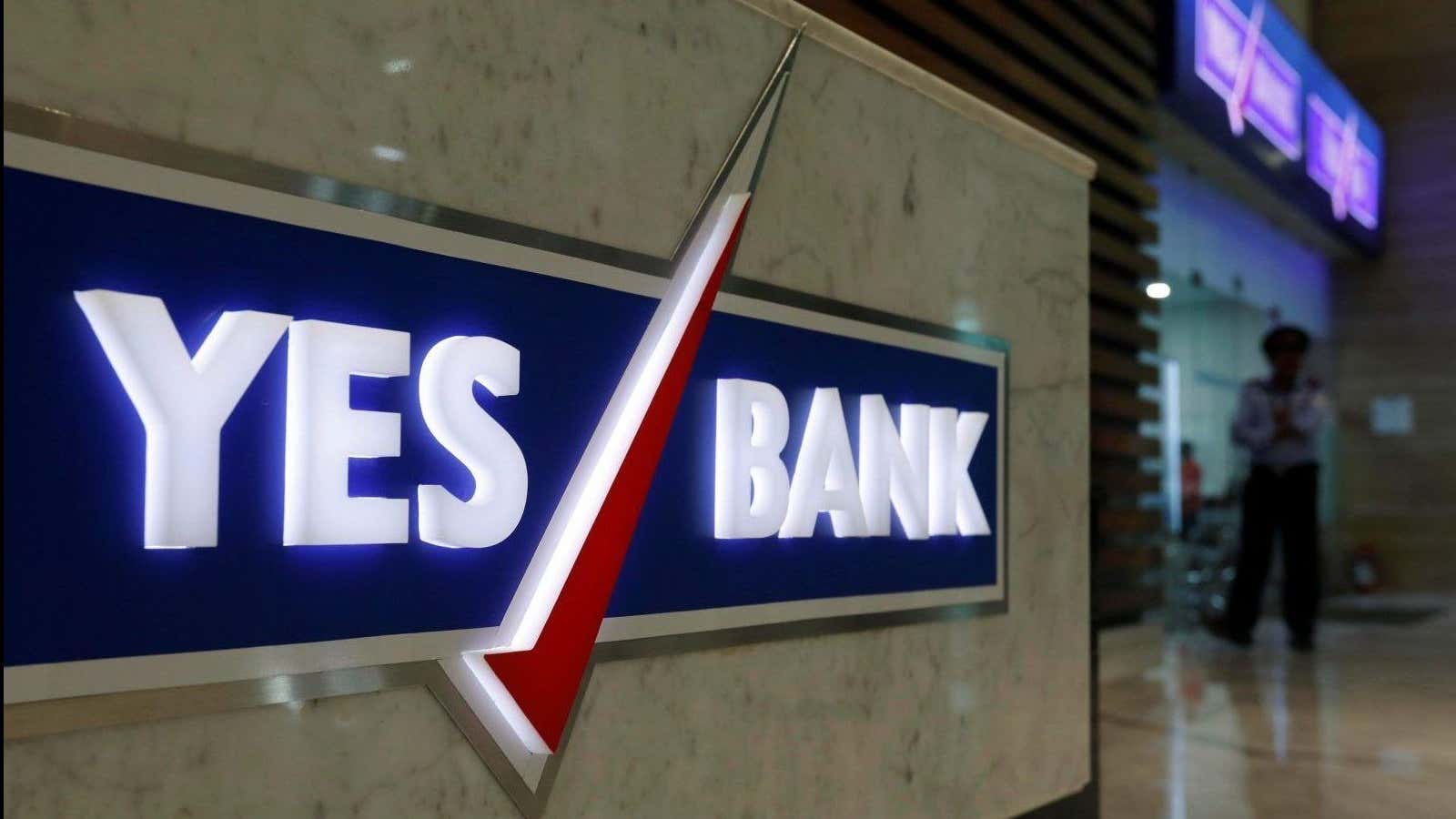At the corner offices of India’s largest private banks, 2018 was a year of whooping churn. And the ferment has yet to settle even in the new year.
YES Bank, the country’s fourth-largest private lender, appointed Ravneet Gill as its new CEO yesterday (Jan. 24). He will replace founder Rana Kapoor, who was, last year, denied a fresh term by the Reserve Bank of India (RBI) and will now hang up his boots on Jan. 31.
Gill, currently at the helm of the Frankfurt-based Deutsche Bank’s Indian operations, will take charge before March 01, the bank notified the stock exchanges.
Market experts believe Gill, who has over three decades of experience in the sector, is a better choice than Rajat Monga, the bank’s executive director, and previously the chief financial officer, who was also in the race to succeed Kapoor. “It is not that Monga wasn’t a good choice but it was clear that someone who is new and doesn’t come with any baggage of the bank can help in sorting out some of the issues that had cropped up recently,” a former YES Bank executive told Quartz, requesting anonymity.
The lender had appointed Los Angeles-based global leadership advisory firm Korn Ferry to help find a successor for Kapoor.
Gill started his career in 1986 at the erstwhile BCCI Bank, which was liquidated and later merged with the State Bank of India (SBI), the country’s largest lender. In 1991, Gill joined Deutsche Bank as part of its private wealth management business and has, since then, worked his way across different verticals including corporate banking, treasury operations, and wealth management. He was promoted as the bank’s CEO in 2012. Now, Gill will become the first non-promoter CEO of YES Bank, since its inception in 2004.
Investors were clearly enthused by the move. The shares of YES Bank surged over 19% intraday on Jan. 24, the highest jump since 2013, and ended 9% above the previous day’s close.
The uptick in share price came despite the bank posting disappointing earnings for the October-December quarter. On Jan. 24, YES bank announced that its net profit for the third quarter of the financial year declined 7% year-on-year to Rs1,002 crore ($141 million). In the period, the share of bad loans on its book also surged 2.1%, compared with 1.72% in the year-ago quarter.
The issue of bad loans has been at the centre of the bank’s fallout with the RBI.
What prompted the change?
Kapoor, who has been leading YES Bank since its inception, had received shareholder and board approval for a fresh three-year term last year. The RBI, however, threw a spanner in the works of this plan.
The regulator never spelled out any specific reason for not granting an extension to Kapoor beyond Jan. 31, 2019. Yet, it is widely believed that it was the bank’s under-reporting of bad loans, in the financial years 2016 and 2017, that had irked the regulator.
YES Bank reported a divergence of Rs4,176 crore in its gross non-performing assets (NPAs) for the year ended March 2016. In the next financial year, there was again a divergence of Rs6,355 crore, which was three times the reported amount. This came as a surprise for the investors and the regulator as, till then, YES Bank was widely praised for keeping its NPAs under check.
Kapoor is not alone in the list of CEOs who were shown the door by the RBI last year. The central bank had reportedly also expressed its displeasure over letting Shikha Sharma, former CEO of Axis Bank, continue in her post. As a result, Sharma had to cut her three-year tenure short and step down on Dec. 31, 2018.
Gill’s responsibility at the YES Bank’s corner office, bankers say, will include ensuring that past mistakes are not repeated and also to bring a second tier of strong management personnel and build a reliable core team.
Gill, an avid fitness freak, an art lover, and a cricket enthusiast, has a tall task ahead of him.
